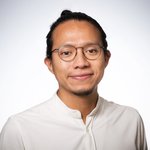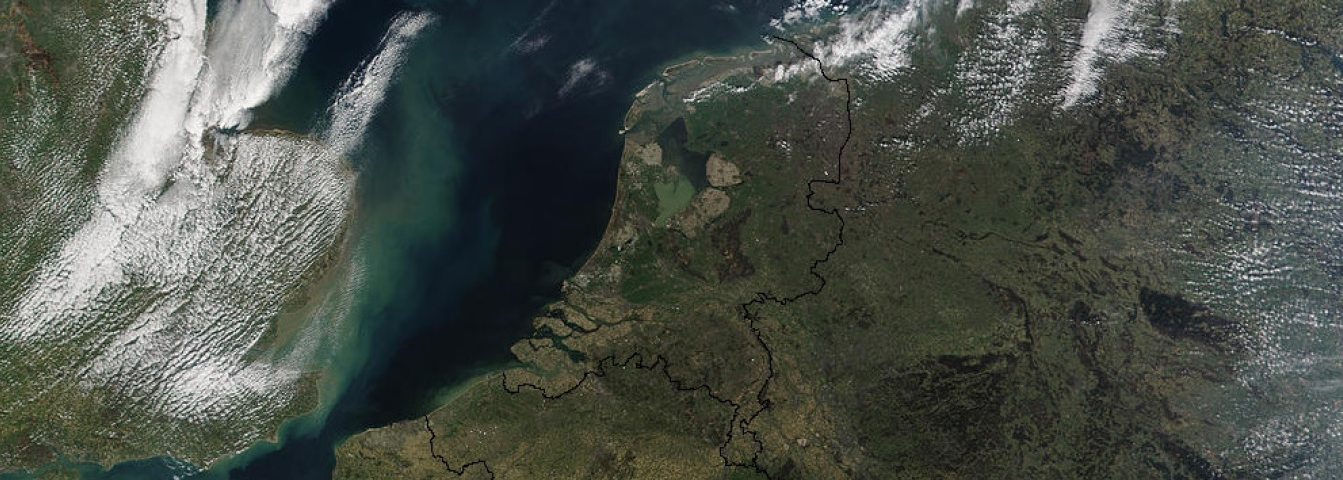Climate Action Programme lecture by Samantha Tanzer and Luis Cutz
11 mei 2023 12:15 t/m 13:45 - Locatie: TU Delft EEMCS hall Chip | Zet in mijn agenda
This months lecture was organized by the Climate Action Mitigation Theme on May 11th, 2023
Moderator: David Vermaas
• Click here to look back at the recording
• Click here to download the presentation of Samantha Tanzer
• Soon you can download the presentation of Luis Cutz
"Putting the NET in net-zero: a field guide to negative emission technologies"
 Negative emission (aka "carbon dioxide removal") technologies have quickly become a focal point of climate change mitigation discussions. But how do they work? Do they provide the climate benefit we expect of them? Can we rely on them? Dr. Tanzer will introduce several different negative emission technologies and discuss their potentials, trade-offs, and the challenges of effectively scaling and regulating these complex technological systems.
Negative emission (aka "carbon dioxide removal") technologies have quickly become a focal point of climate change mitigation discussions. But how do they work? Do they provide the climate benefit we expect of them? Can we rely on them? Dr. Tanzer will introduce several different negative emission technologies and discuss their potentials, trade-offs, and the challenges of effectively scaling and regulating these complex technological systems.
Dr Samantha Tanzer is the Carbon Dioxide Removal Research and Technology Manager at Bellona Europa, a solutions-oriented climate policy NGO in Brussels, where she researches and communicates the system complexity and nuance of negative emission systems to policy makers, NGOs, and other decisionmakers. She received her PhD on “Negative Emissions in the Industrial Sector” at TPM in 2022.
"Converting Challenging Waste Streams into High-Value Products and Fuels"
Circular economy is frequently promoted as the answer to the growing problem of waste (e.g. biomass residues or plastic waste), however there is great discussion regarding the appropriate strategy. In this presentation, I'll make the case that thermochemical conversion has a great potential to revolutionize how we manage waste.
The high cost and energy requirements of these type of processes are only a few of the difficulties that thermochemical conversion faces. Innovation in thermochemical technologies and a new generation of solvents and catalysts might be the solution. This, by lowering the operational conditions, reducing the complexity of downstream separations and make the valorization of waste economically viable. Making an efficient use of waste will not only allow us to produce several products from one source but also provide solutions to regions where traditional biomass/plastic waste has severe health and environmental consequences.
Dr. Luis Cutz is an Assistant Professor at the department of Process & Energy, Faculty of 3ME, TU Delft. He develops thermochemical technologies to convert waste materials into chemicals, biofuels or new raw materials. These products can serve for power generation, transport fuels, horticultural applications, batteries and a source to manufacture new polymers.
His research group focuses on understanding plastic waste/biomass from the micro- to the macro-scale using experimental data as an input for their research. This approach allows them to improve the design of thermochemical processes, while reducing the impact of non-desirable constituents within these materials that could harm upstream and downstream operation. Based on this approach they are able to upscale processes from simulation level to laboratory scale.
